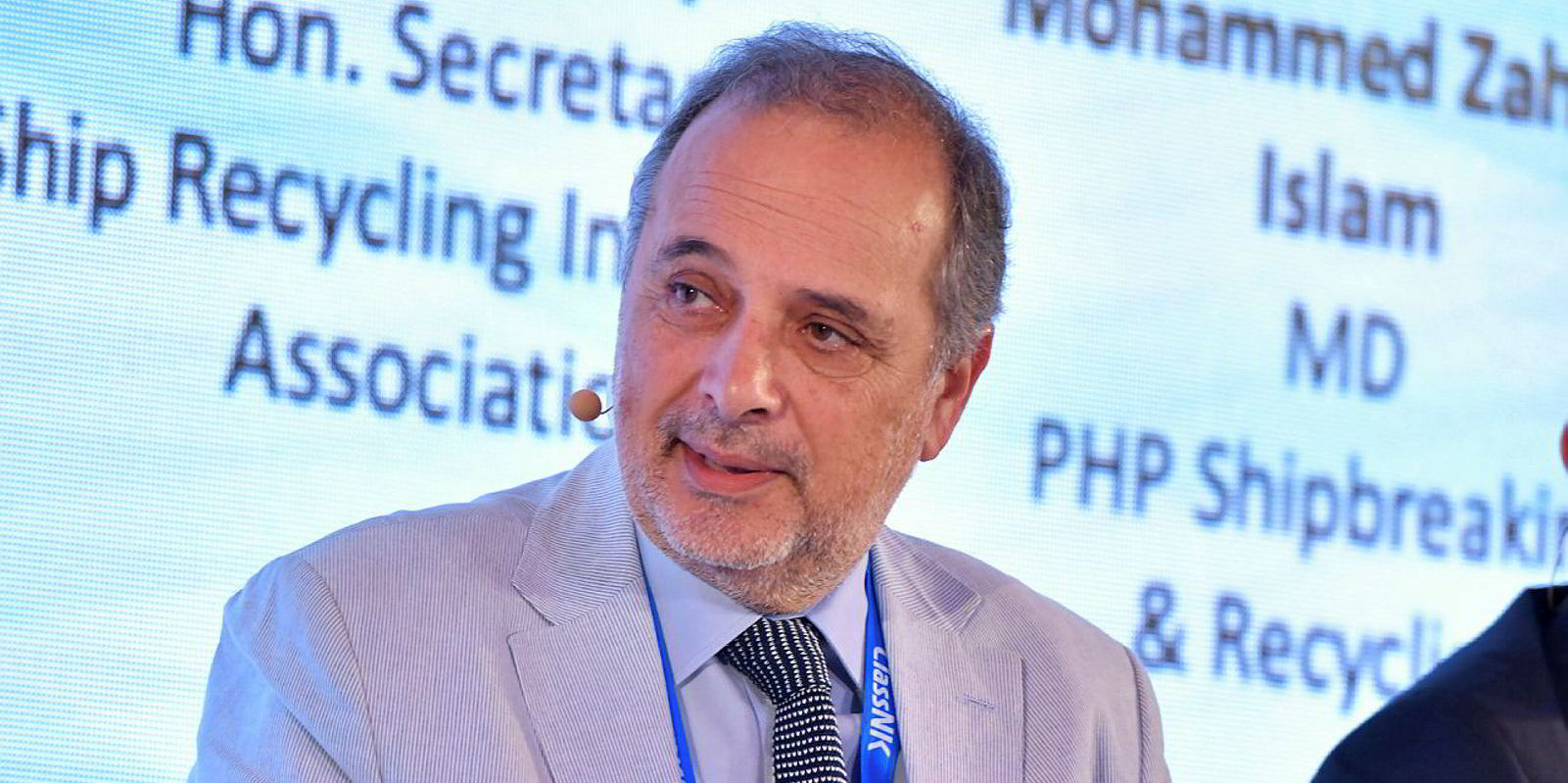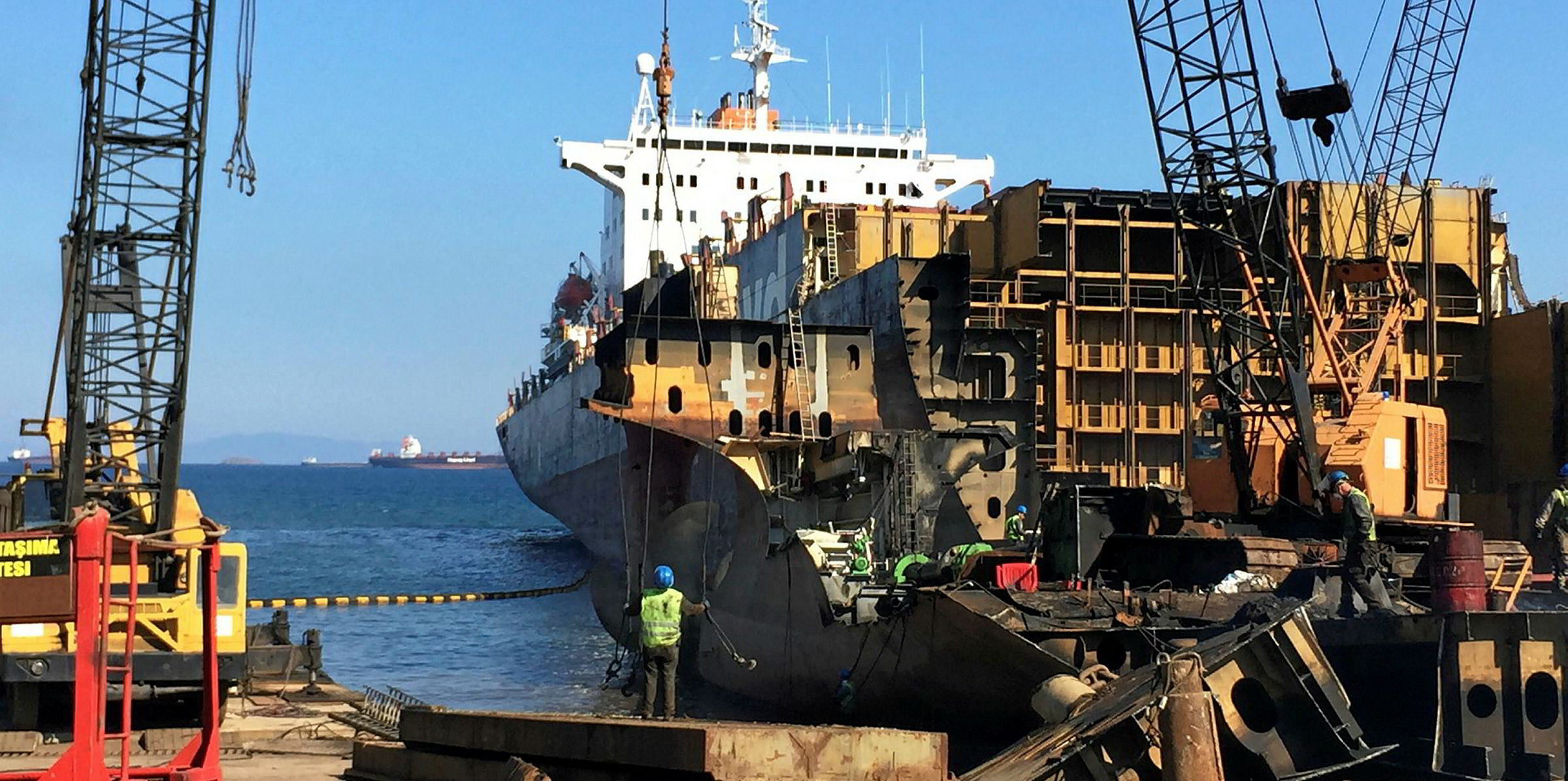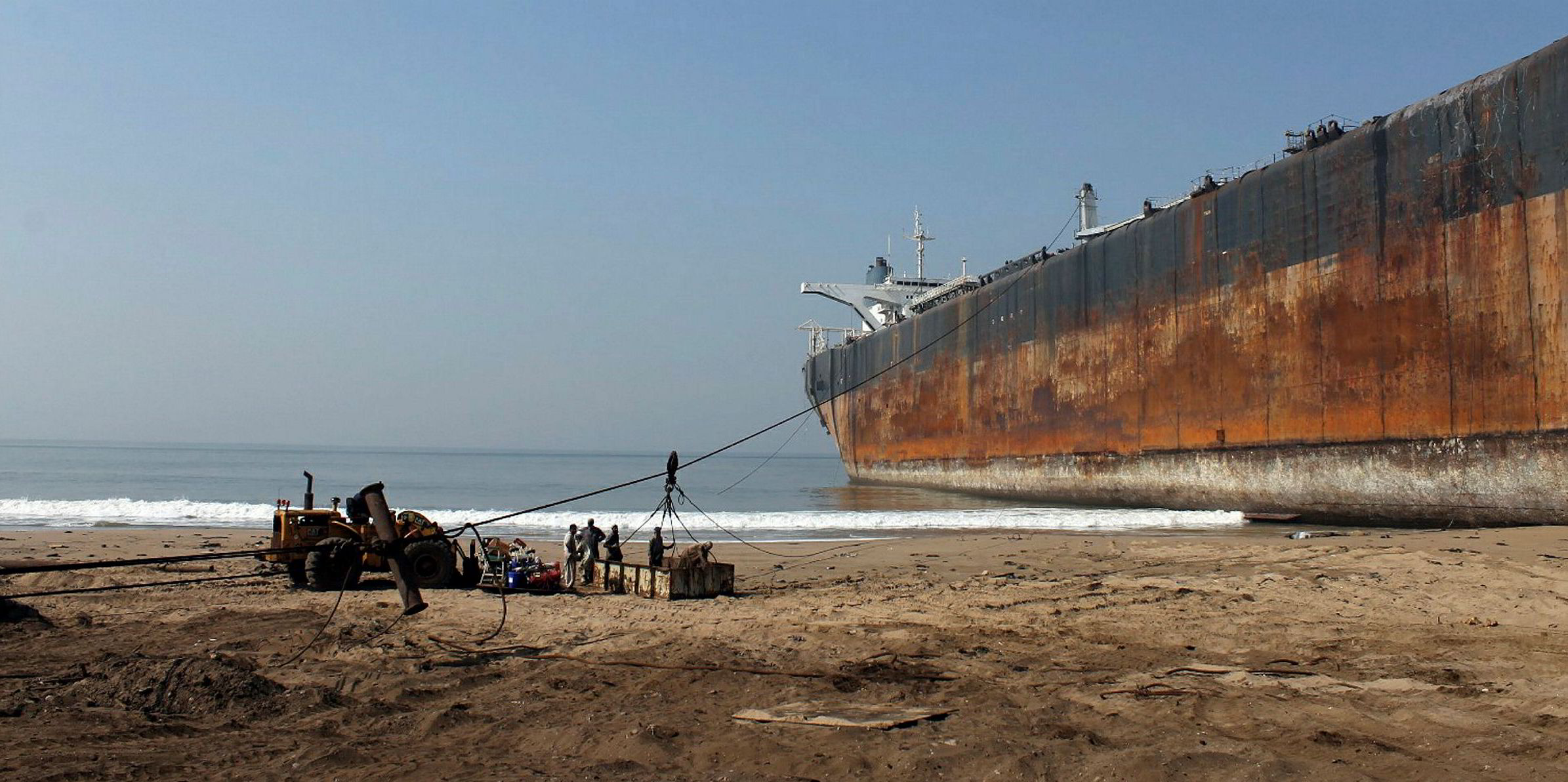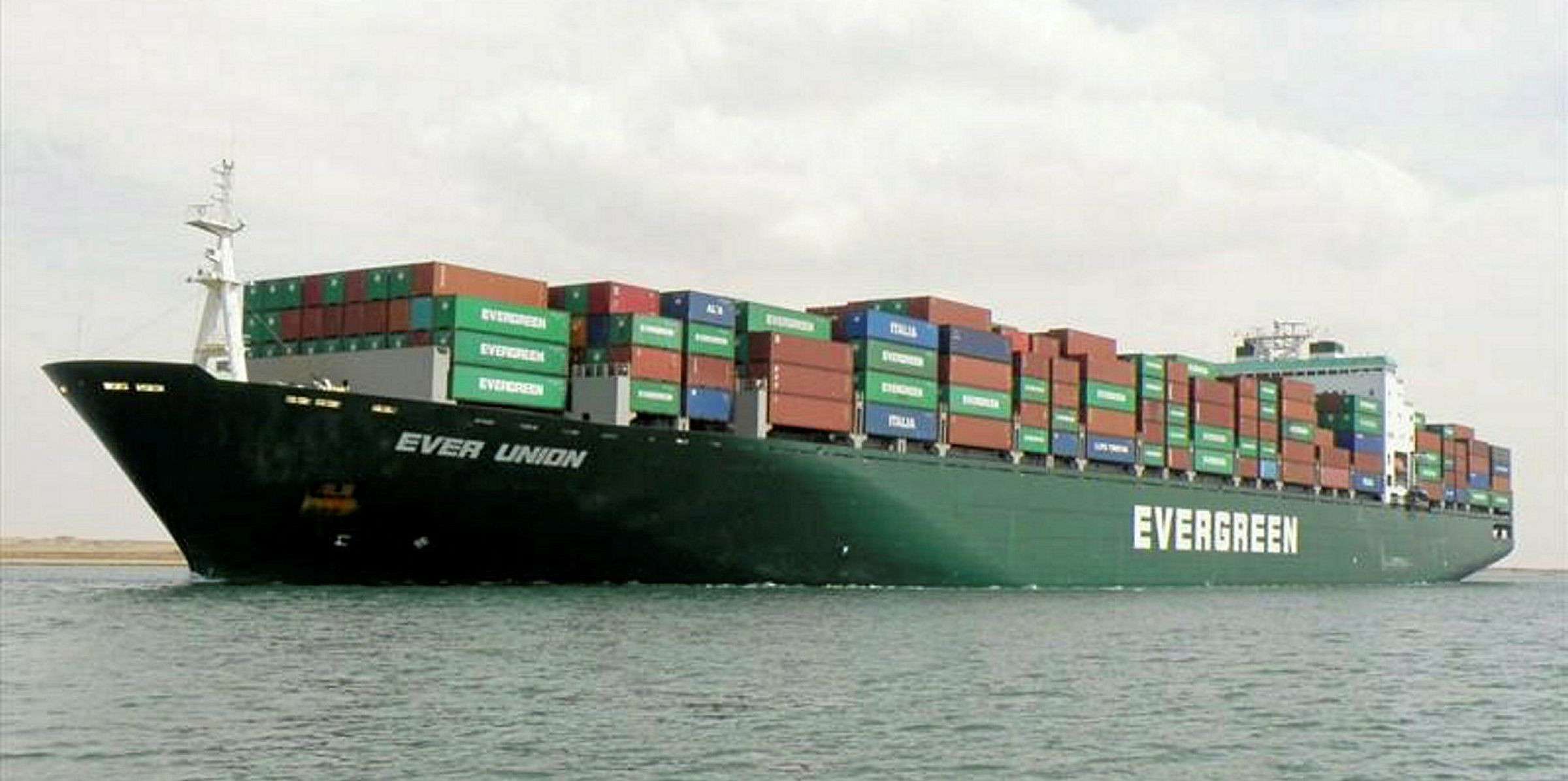Dear Sir,
— “EU yard approval has become a ‘political battle’” — in TradeWinds on 14 August 2020).
I think it is very appropriate to add some thoughts to the sentiments expressed by Chetan Patel, managing director of the Shee Ram Group, in his letter — “EU yard approval has become a ‘political battle’” — in TradeWinds on 14 August 2020.
With moderate language, Patel outlines the developments that have taken place in his yards to meet the standards of the Hong Kong International Convention for the Safe and Environmentally Sound Recycling of Ships and also the requirements of the auditors and consultants of the European Commission.
He reflects that having addressed all outstanding observations and having invested millions of dollars, his yards — as well as other Indian applicant yards — have not been included in the European List of approved shiprecycling facilities.
Patel explains that the reasons for the exclusion of India’s yards are outside the control of the recycling industry, these being the monitoring of downstream waste management and the lack of adequate hospital facilities in the proximity of the yards; both matters under the responsibility of the government of India.
Interestingly, Patel does not make the point that the European Ship Recycling Regulation (EU SRR) has no requirements for large hospitals to be near approved yards.
Large investment
Having invested large sums of money for improved infrastructure, systems and training, Patel, as well as the other owners of the 20 Indian yards that applied for inclusion in the European List, are right to feel aggrieved.
However, I would very much like to have this opportunity to explain to Patel — and to the owners of the other applicant yards, as well as to all people in the shipping and shiprecycling industries that believe there is an urgent need for the Hong Kong Convention to enter into force — that the continuing rejection of their applications by the EC has been the best possible outcome.
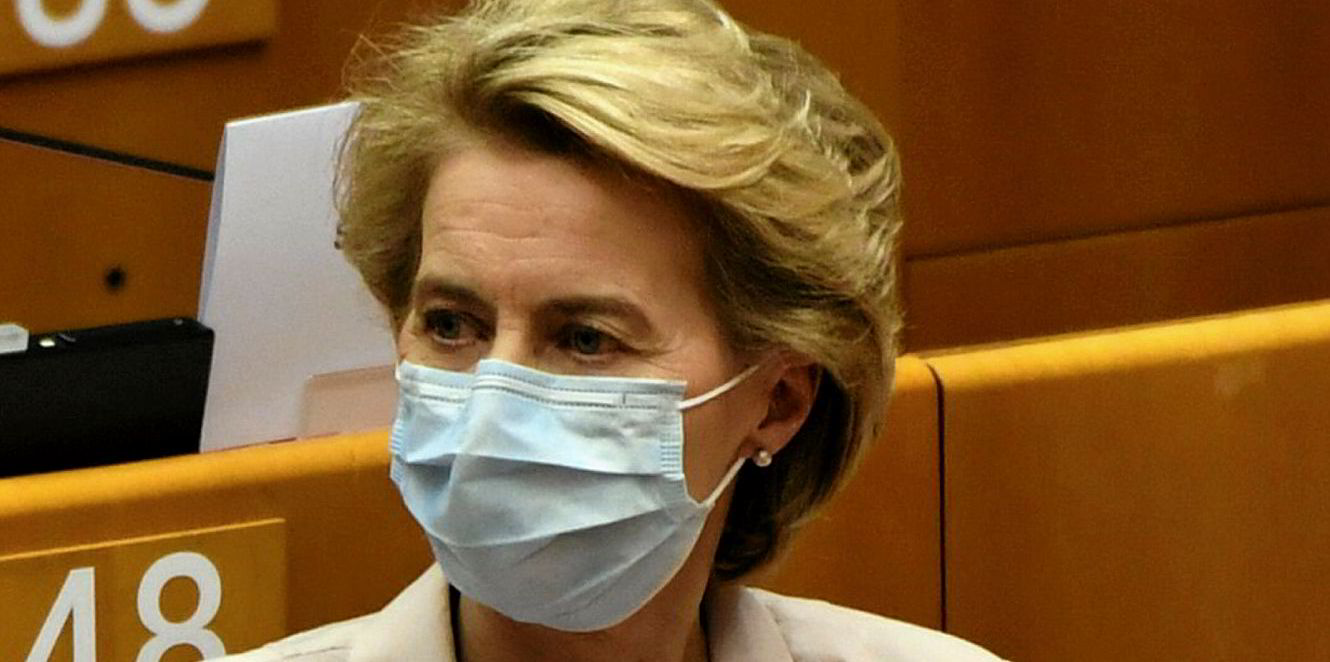
Although the EU SRR was developed as interim regional legislation in the image of the Hong Kong Convention, the EC has chosen to interpret it as a stricter standard to the Hong Kong Convention since the regulation’s entry into force.
To explain why the EC has chosen this route, requires a lot more space than is available here. The interested reader may wish to discover more on this subject in the booklet The Recycling of Ships, which is freely available from GMS.
Three choices
In essence, the EC had three options.
Firstly, to interpret the EU SRR as fully in line with the rationale of the Hong Kong Convention and thus to approve upgraded applicant facilities, regardless of geographic location and the method of recycling.
Secondly, to interpret the EU SRR as a ban on the beaching method and thus to exclude all South Asia’s upgraded facilities from the EU List.
Or thirdly, to make it possible for only a handful of beaching facilities to enter the List but make it very difficult and expensive for them.
I had expected that the EC would have gone for the third option and approved a handful of yards in India in order to dismiss the industry’s persistent criticisms: on protectionism; on being biased against South Asia’s shiprecycling industry; on wrongly interpreting the regulation as banning beaching; and for the lack of wide geographic spread and limited capacity in the EU List.
Improvements
When I last visited Alang, I was surprised and impressed to see the further improvements that have taken place since my trip the previous year.
A number of yards had installed expensive cranes that lift blocks of 100 or 200 tonnes from ships being recycled and deposit them onto the concrete impermeable area.
They had also concreted 100% of the facilities’ surface.
These are certainly not requirements of the Hong Kong Convention but are the result of aggressive investments by leading shiprecyclers who want for themselves the advantage of being in the EU List.
The elusive “carrot” of the EU List had caused recyclers to compete in surpassing the standards of the Hong Kong Convention.
I, therefore, realised that approval of any of the Indian applicant yards would firmly establish a new higher minimum standard, let’s say “Hong Kong Convention Plus”.
At a time that the industry is calling for the urgent accession of China or Bangladesh to the Hong Kong Convention so that it can enter into force and provide a level playing field, the last thing anyone needs is a competing standard.
After all, we have only one Solas and one Marpol, [so] how can we have two shiprecycling standards?
From where we stand, there are two ways to avoid the derailment of the years’ worth of efforts for the establishment of Hong Kong Convention as a global standard.
Either the Indian facilities would withdraw their applications for EU List approval while maintaining their compliance to the Hong Kong Convention, or the EC will continue to approve only yards in countries of the developed world. Either way will work for the Hong Kong Convention.
Do you have an opinion you would like to share?
Please email letters to the Editor at news@tradewindsnews.com
